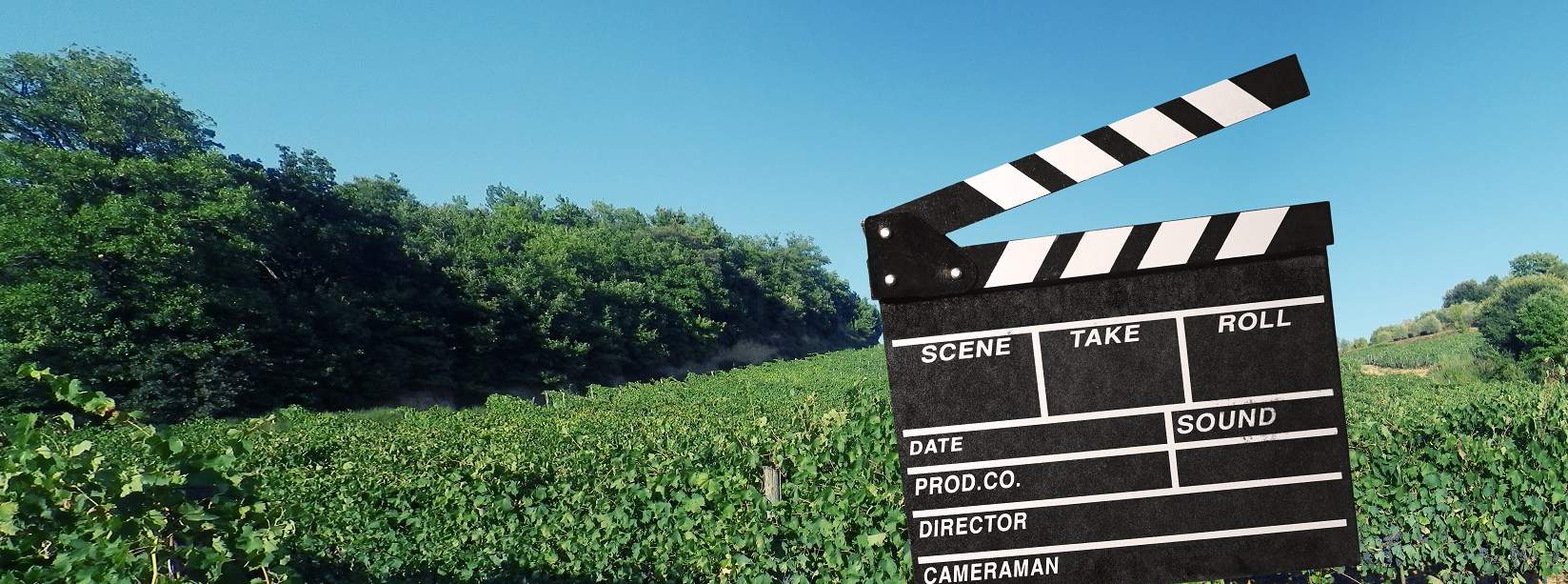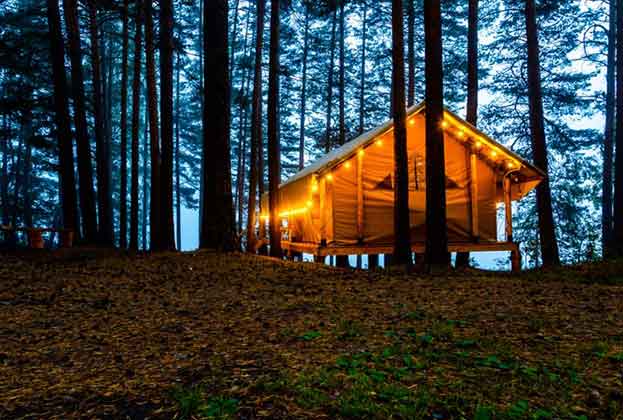It came as no surprise, when Covid-19 hit, that the film industry was one of the fastest to shut down. The logistics of coordinating hundreds of people working in close proximity on a range of timescales and locations meant that productions simply had to be postponed, mothballed and in some cases cancelled.
However, valued at around £3.6 billion per annum, the film industry in the UK is big business and there is plenty of incentive for filming to get underway again. For owners of rural property there is perhaps more opportunity than ever to be part of the industry’s recovery.
Anecdotally there are reports of scripts being rewritten to avoid big set-piece crowd scenes and location scouts are being briefed to find suitable alternatives to filming abroad. Mission Impossible 7, for example, has foregone Venice in favour of Oxfordshire and Netflix’s Season 2 of The Witcher will now be filmed in Wales and the West Country rather than the Czech Republic.
There will be huge challenges for the industry. Film shoots in public places will be heavily regulated and studios will need to be creative in order to meet social distancing requirements.
A rural estate or private country house provides a solution to this. Location managers can control access and movement, unit bases can be spread out in adjoining paddocks and, should there be a need, it can be quickly locked down.
It has been widely reported that, in preparation for this last event, Tom Cruise is planning an isolated production village for Mission Impossible 7 so that filming can continue. Additional space and accommodation will become a necessity for productions and will certainly lead to locations being sought further afield, which may well be advantageous to rural property owners. The National Trust has seen a surge in interest in areas from Wiltshire to Cornwall often deemed too far from traditional production centres.
Film shoots will inevitably take longer. Previously, all the different teams would set up on site simultaneously, now these will need to be staged and a two-day set up could now take twice or even three times as long. While this clearly means an opportunity for increased location fees, property owners will need to be reasonable.
The film and television industry has via the BFC published a 44-page guide to working regulations in the post Covid-19 recovery period. Be aware of these guidelines and consider how you will fulfil them as Covid-19 mitigation requirements are going to be a necessity of filming insurance for some time yet. If you can be presenting your location as fit for filming now, this will put you a step ahead of the competition.
For anyone looking to push their property for filming: be proactive. While the fair weather lasts take good photographs including fields, out buildings and accommodation showcasing the range of your property.
Get in touch with location agencies – the more photographs the better. There are a number of options including Creative England and The Collective & Location Works which will actively promote your property around the industry. Further advice is available from Historic Houses or Savills tourism, leisure & events consultancy as well as its in-house location services.
Further information
Contact Savills Tourism, Leisure & Events or Savills Location Agency Services

.jpg)

.jpg)
.jpg)
.jpg)




